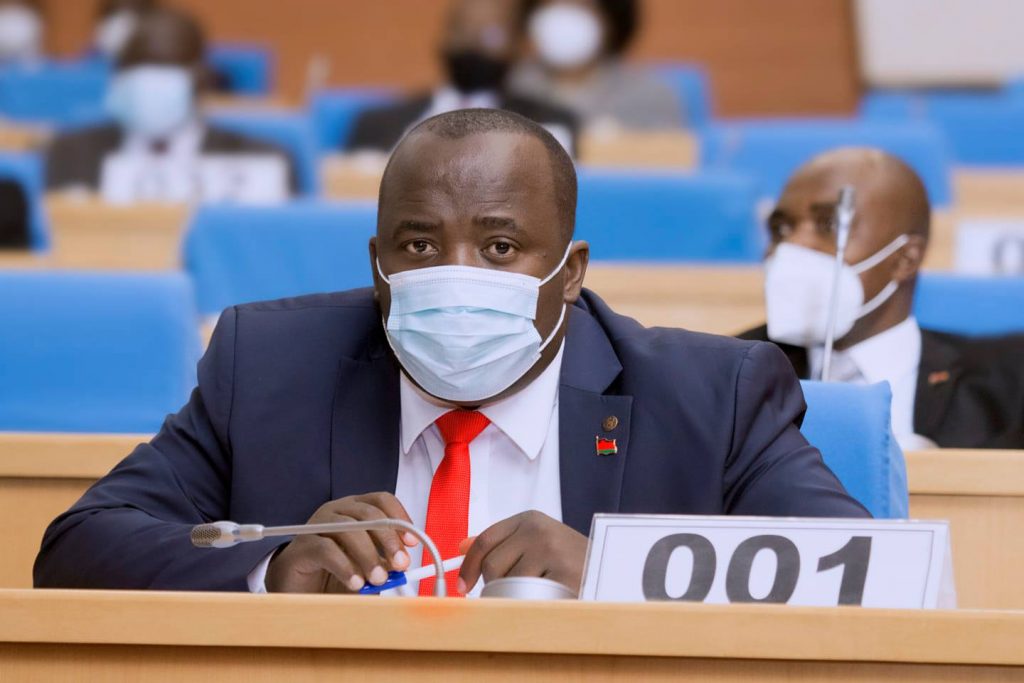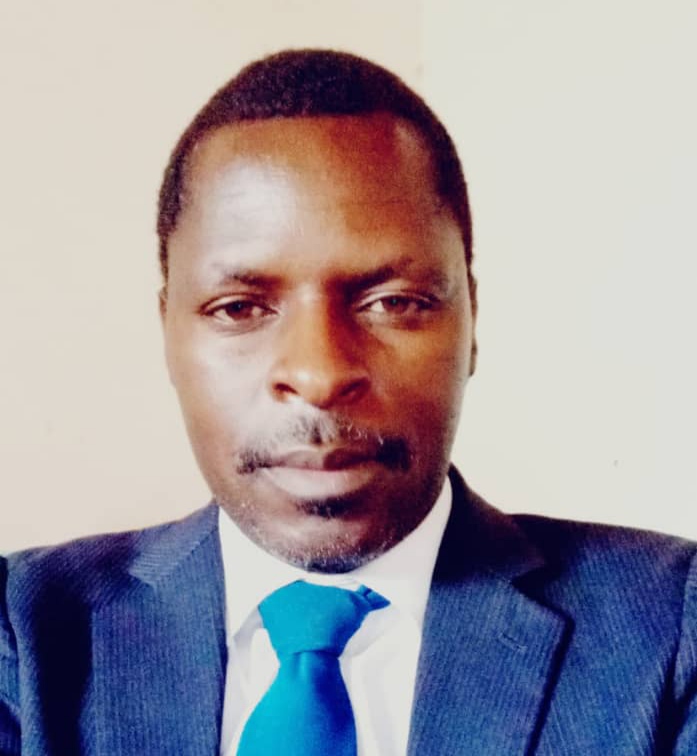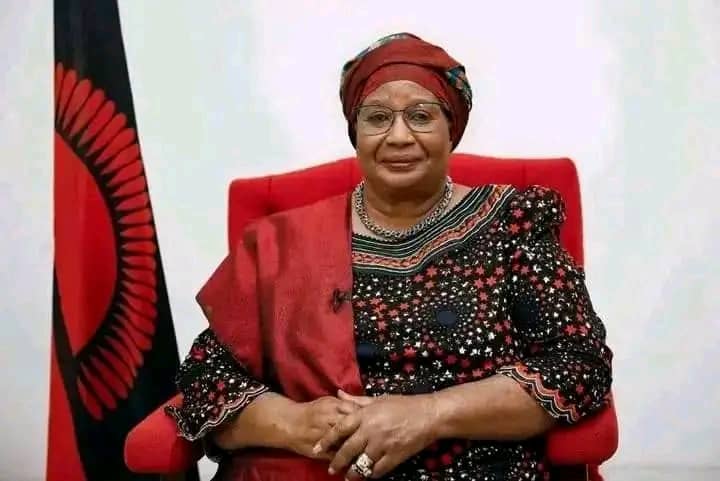Political parties and pundits have rejected a proposal for the Malawi Electoral Commission (MEC) to raise parliamentary nomination fees for the 2025 elections, saying the country’s democracy should not be sold to the highest bidder.
In separate interviews with Weekend Nation, the parties asked government and MEC to find better ways for sustainable funding than banking on nomination fees as a cash cow.

The reactions followed remarks by Leader of the House Richard Chimwendo Banda in Parliament that MEC should consider raising fees to raise resources in managing the 2025 elections in case donors do not finance the polls.
Malawi Congress Party (MCP), to which Chimwendo Banda, who is also Minister of Youth and Sports, is director of youth, said it goes for candidates that are in good standing with people and not necessarily those who can afford the fees currently at K500 000 for males and K250 000 for females.
MCP spokesperson the Reverend Maurice Munthali said elections as a cycle are not an emergency, as such the State has the responsibility to facilitate funding for the same.
He said: “It is necessary for the electoral commission and government to provide for resources in our national budget while seeking early donor support for the event should they foresee a shortfall. Candidate fees should remain an expression of interest not a way of financing elections.”
United Democratic Front spokesperson Yusuf Mwawa said parliamentary seats should not be seen as doable by a few men and women who have excessive income, as that may defeat critical principles of democracy, one of which is participation.
He said: “Suffice to argue that MEC is there to enhance principles of democracy, by among other parameters, conducting a free, fair and credible election. Fairness in this manner entails participation of all equitably.
“MEC may explore other avenues, such as donor partners and other stakeholders, for a sustainable funding as opposed to squarely begin to think of aspiring candidates fees as a plank of financial safety. As a party, our view remains that such fees be not amended upwards.”
In a separate interview, Democratic Progressive Party (DPP) publicist Shadric Namalomba also cautioned against putting the country’s democracy for sale to the highest bidders. He suggested that government should designate funding from Treasury, but that such funds should be restricted.
He said: “Nominations fees should not be used as a weapon to exclude any Malawians from participation in national development. This will be against the constitutional right as given to each and every Malawian.”
Namalomba recommended that government should seriously address corruption and close all loopholes, and in doing so, the saved financial resources will be released towards funding elections.
He said: “DPP notes with sadness to learn that funds from nomination fees for 2019 General Elections were abused by investing in Alliance Capital which ended up being looted. That is unacceptable!”
On his part, Blantyre-based political scientist Ernest Thindwa suggested that one’s academic achievement should be the more appropriate basis for regulating numbers of aspirants, arguing, that can increase the quality of parliamentary outputs.
He said: “Suffice to say financial prowess is not a good indicator of one’s potential to meaningfully contribute to parliamentary proceedings. General elections are held at a five-year interval providing sufficient time for allocating adequate resources to such a critical exercise for the country’s existence.
“Prioritising election financing in our national budget on which our governance system is anchored should be non-negotiable.”
Meanwhile, MEC director of media and public relations Sangwani Mwafulirwa said in response to a questionnaire that when coming up with operational budget for elections, the electoral body does not include income from nomination deposits.
He said such nomination deposits are used after elections with guidance from Treasury.
Mwafulirwa said an announcement will be made in due course on the fees for the 2025 polls.
He said: “The commission is given mandate under the law to set nomination deposit. On its volition, the commission takes the liberty to consult and get views from stakeholders but the final decision lies with the commission.
“For 2025, the commission has not met to make any decision or consulted any stakeholders for their opinion on whether to reduce or increase the nomination deposits for ward councillors, members of Parliament and Presidential elections candidates and the subsequent discounts for women, people with disabilities and the youth.”
In Section 40 (2) of the recently passed Presidential, Parliamentary and Local Government Elections Bill, the commission shall, six months before the nomination, determine the nomination fee



